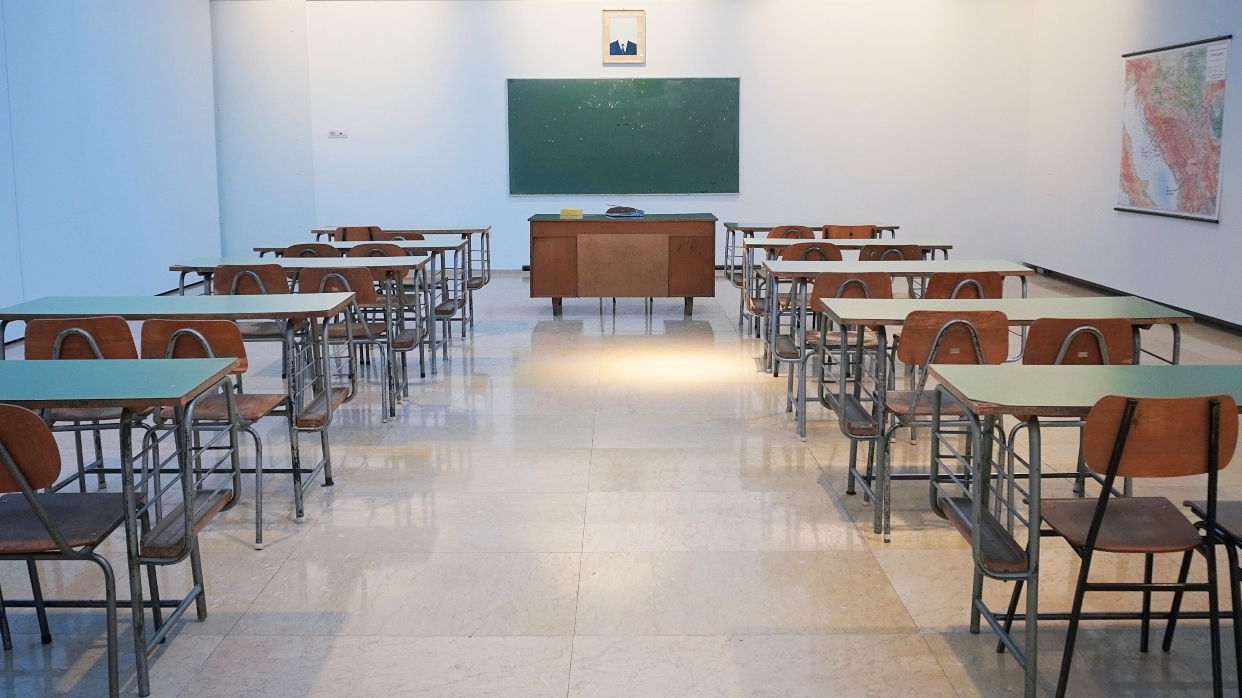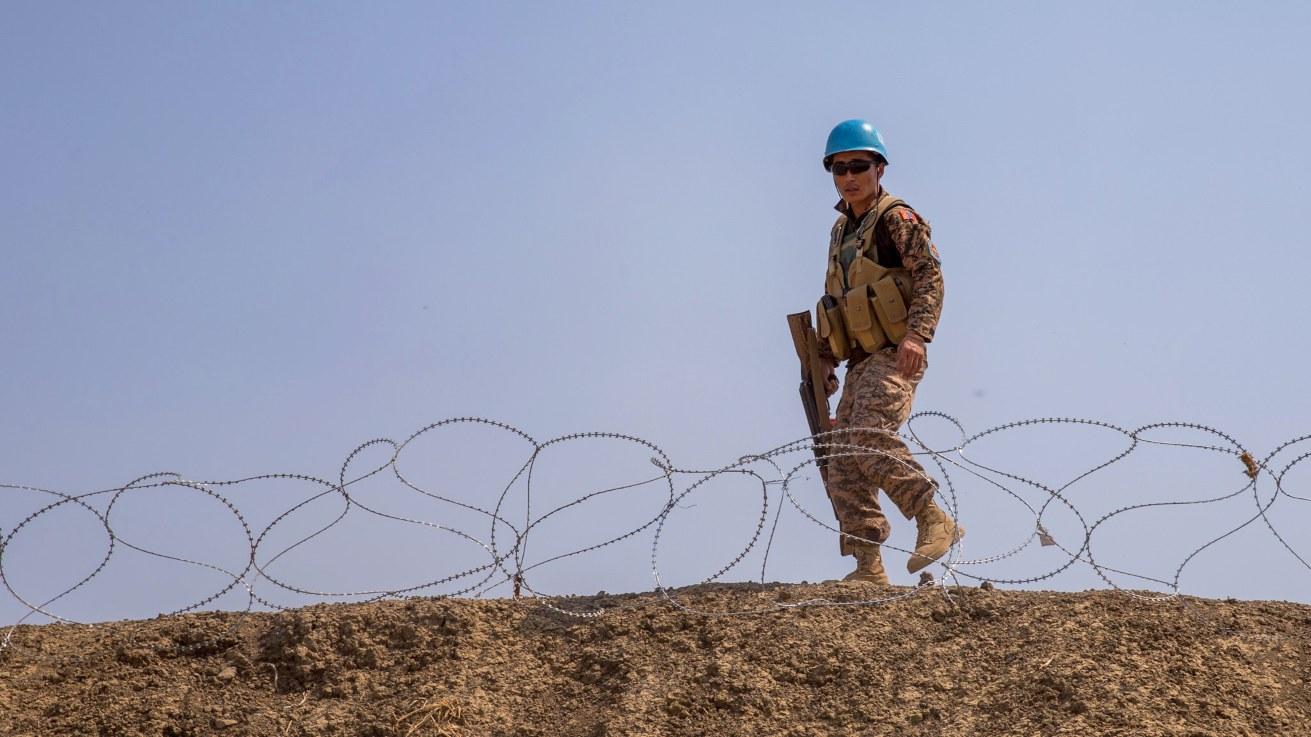High unemployment and limits to free expression make Kenyan youth frustrated with their politicians’ undelivered promises. Their perceived exclusion from political decision-making means popular culture and social media become outlets for their voice and self-definition. Mwenda Ntarangwi writes on the artists encouraging economic independence, and what this says about exploitation and public discourse.
This post is from the series Youth activism in Africa, examining the political mobilisation and organisation of youth across Africa to effect change.
In December 2019, the Kenyan rapper known as King Kaka (Kennedy Ombima) produced a song titled Wajinga Nyinyi (You Fools), which castigated Kenyans for succumbing to cheating politicians seeking to win their votes. At the same time, according to the lyrics, politicians were embezzling public funds and undertaking selfish deals to enrich themselves. Performed in spoken word, the song, posted on YouTube on 13 December 2019, was promoted to his hundreds of thousands of Twitter followers and, within a month, garnered close to two million views.
In a part of the song presented in English, Swahili and Sheng, an urban slang, King Kaka says that during elections one knows whether their neighbour is of Luo or Kikuyu ethnicity. Such knowledge, King Kaka says, leads neighbours to refrain from exchanging greetings. He tells his audience that while they will vote they will also sleep hungry through a ‘night of tears’. Three days after the video was posted came another, in which a Nation TV reporter asked Kenyans in Nairobi for their views on the song. Some respondents said King Kaka had not only spoken the truth but they praised his guts for doing so publicly.
Despite the country’s expanded freedom of expression in recent decades, incidents of harassment persist for people who speak against the political grain. Soon after the release of his video claims emerged that the thirty-two year old was in danger, with social media posts alleging he was a target of assassination, leading him to ask for prayers on his twitter handle.
What is it about music that allows for such engagements and social articulations? Is it just making noise in the peripheries with no consequences for the issues discussed?
Social critiques through social media
While social critique may be as old as humanity itself, each generation has used whatever means and processes available to articulate critiques of life as lived and perceived. In East Africa today, such critiques are mostly mediated through social media and by youth. It’s not hard to see why. Africa is a young continent where up to 70% of its population are aged 30 years or under. In Kenya, up to 20% of the total population are aged between 14–25. This segment is the most ambitious, full of promise and active, challenging status quos and engaging with national and international discourse. They are a generation educated to at least finishing primary level, and often beyond to university. It is a generation growing up in an era where technology and advanced social communication is part of the everyday, despite socioeconomic factors causing differences in accessibility.
Kenya’s youth, also register the highest numbers of the unemployed or underemployed in the country. Politicians often take advantage of this economic vulnerability while electioneering, luring them to political rallies with promises of jobs, prosperity and fulfilling their youth agendas, mobilising them against their political opponents. But as King Kaka’s song outlines, such promises end up empty and youth, as well as other electorates, endure the same challenges they had before the campaign. In exchange, peaceful demonstrations have been met with police brutality.
So will the youth take up these failed promises as indicators of a need to change their tact and participation in political process? This is a complex matter.
Youth discontent with political exclusion
On the one hand, youth are caught between childhood and adulthood, frequently finding themselves unrepresented in key areas of decision-making in politics and the workplace. On the other, their expanded understanding of the world they live in, increased education opportunities and access to global media mean they are discontent with this exclusion, unwilling to wait at the fringes of society as others define their lives. Instead they take charge and seek to not only define themselves but also their society. Social media and popular culture thus become such important sites and platforms on which youth express themselves.
Every election cycle brings with it new artists or artistic interventions, each trying to support a new route for the youth who continue to be misused by politicians and their promises of changing livelihoods. Some of those interventions include, but are not limited to, promoting types of civic education, sensitisation and mobilisation to encourage different decisions at the ballot box, or strategies for living without need for government interventions, such that they enjoy a level of independence from state institutions and avoid politicians’ exploitation.
Artists voice frustrations, promote solutions
Kenya’s rapper Juliani is one such artist. The thirty-six-year-old’s music not only focuses on social issues such as corruption, election malpractices and citizen exploitation, but it also offers advice to help youth take charge of their socioeconomic destinies. Because many of young people consume these songs do not have access to steady forms of livelihood, they engage in the kinds of activities artists like Juliani suggest. Locally termed ‘hustles’, these activities range from hawking goods to taking up short-term contractual work.
One of Juliani’s projects, Kama Si Sisi (If Not Us) Program, was an initiative working with youth in Kenya to make a difference in their own lives and others, inspiring many young people to create income generating projects to give them some level of economic independence. Such independence would make youth less vulnerable to the machinations of politicians and others seeking to exploit them. Such messages are also provided by artists such as Ythera, Muthoni Drummer Queen, Hart the Band and Sarabi, among others, in their music.
The emergence and expansion of social media, and other expressive platforms not easily controlled by the state, provide people the possibility of reaching larger audiences than they could have when reliant on conventional outlets. King Kaka’s song would not have been allowed its popularity in an earlier age, now able to scratch an itch among Kenya’s youth by articulating many people’s year in, year out frustrations. Youth awareness of social ills are not only highlighted by these songs, but they encourage a large social discourse on places like Twitter and WhatsApp, seeping into larger debates that force government officials to pay attention to their message. It is by encouraging young citizens’ private independence that they will become more formidable in public.
Photo: Bobby Neptune for DAI





